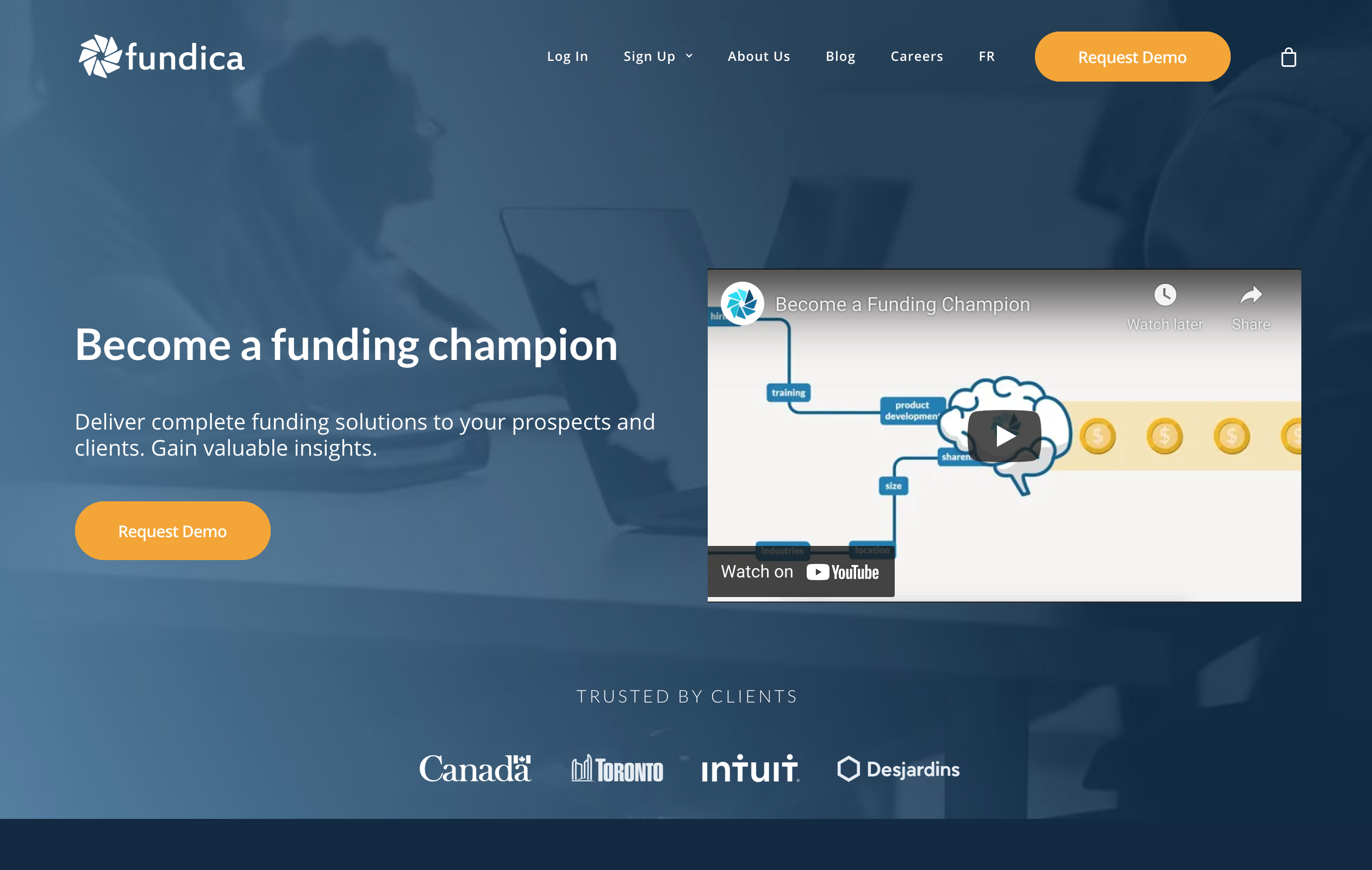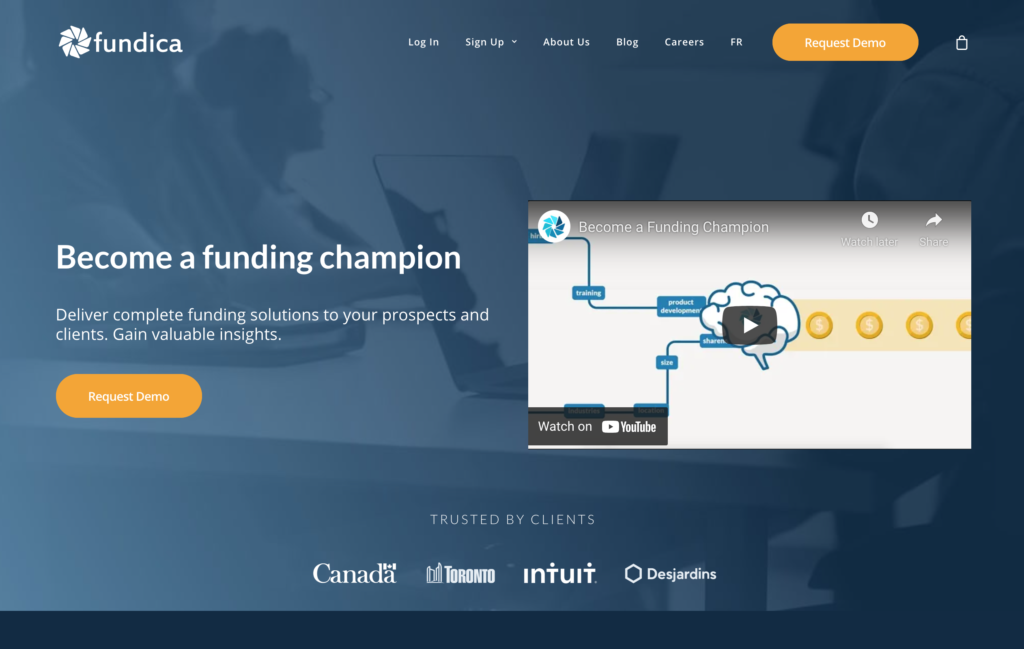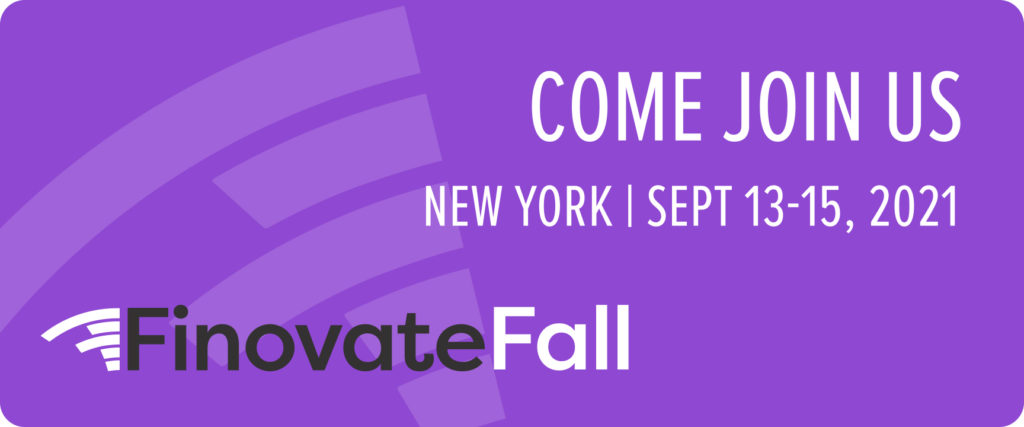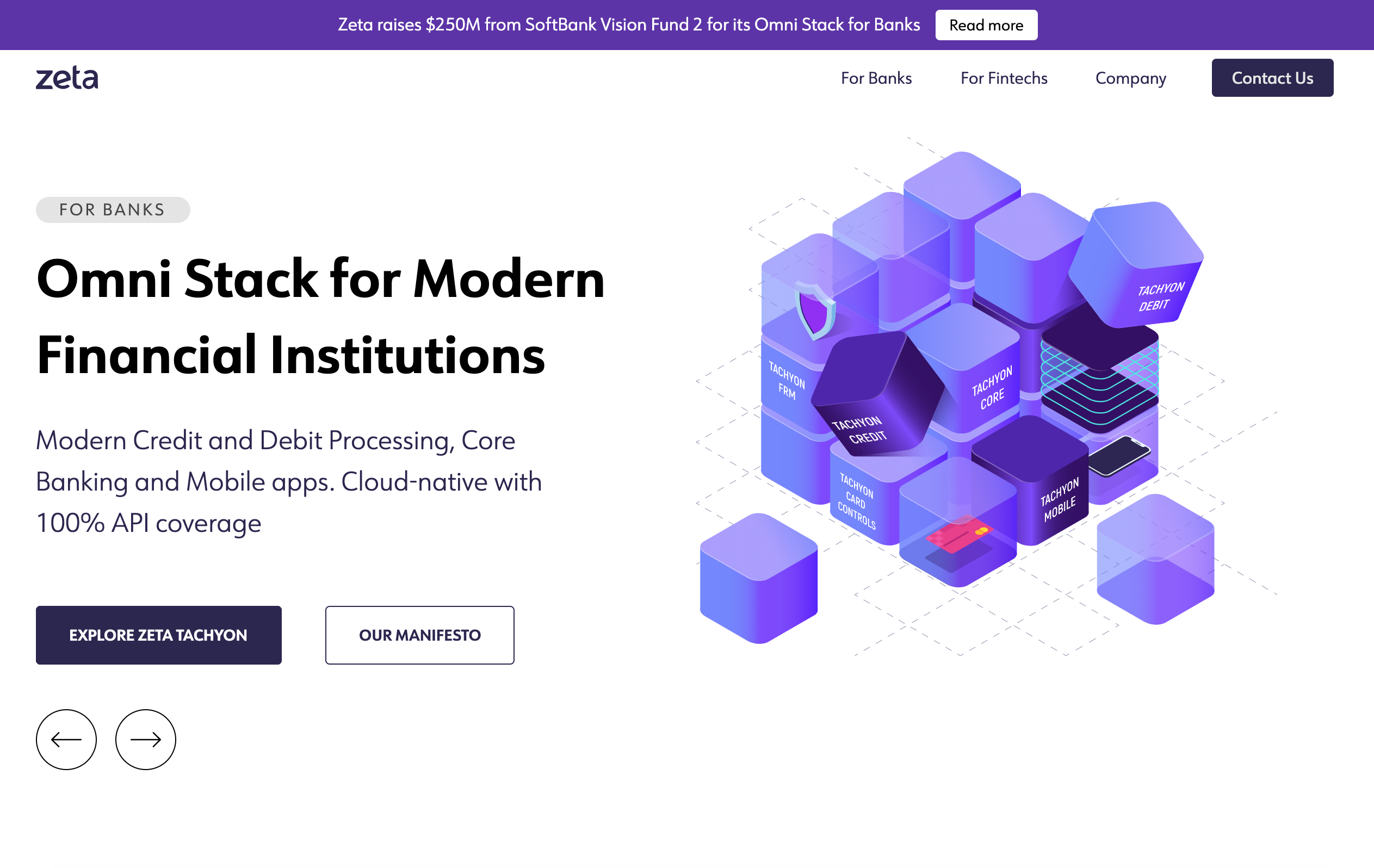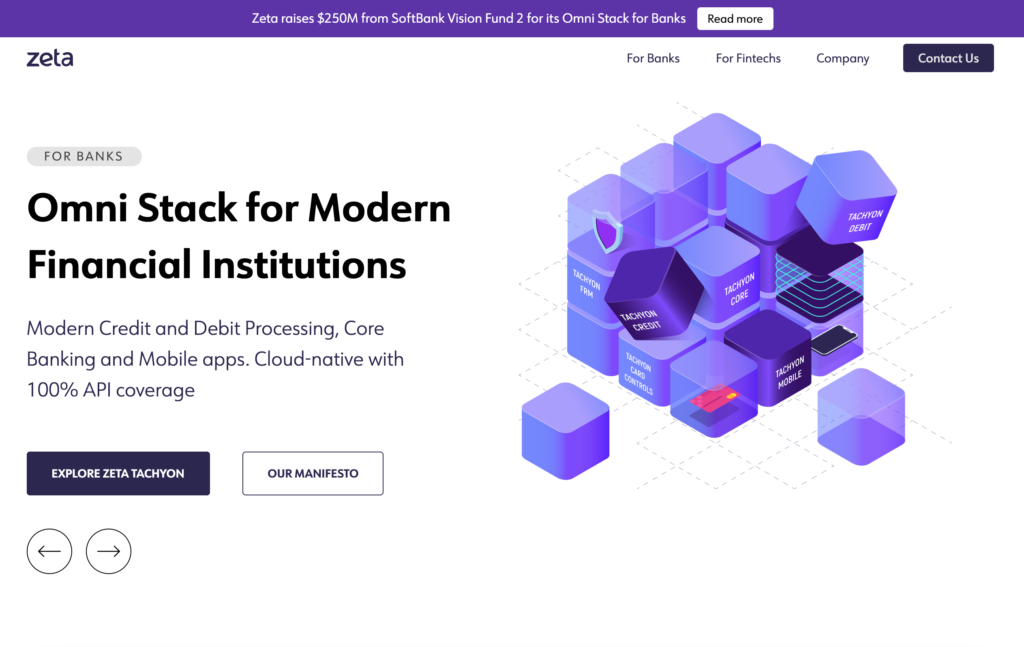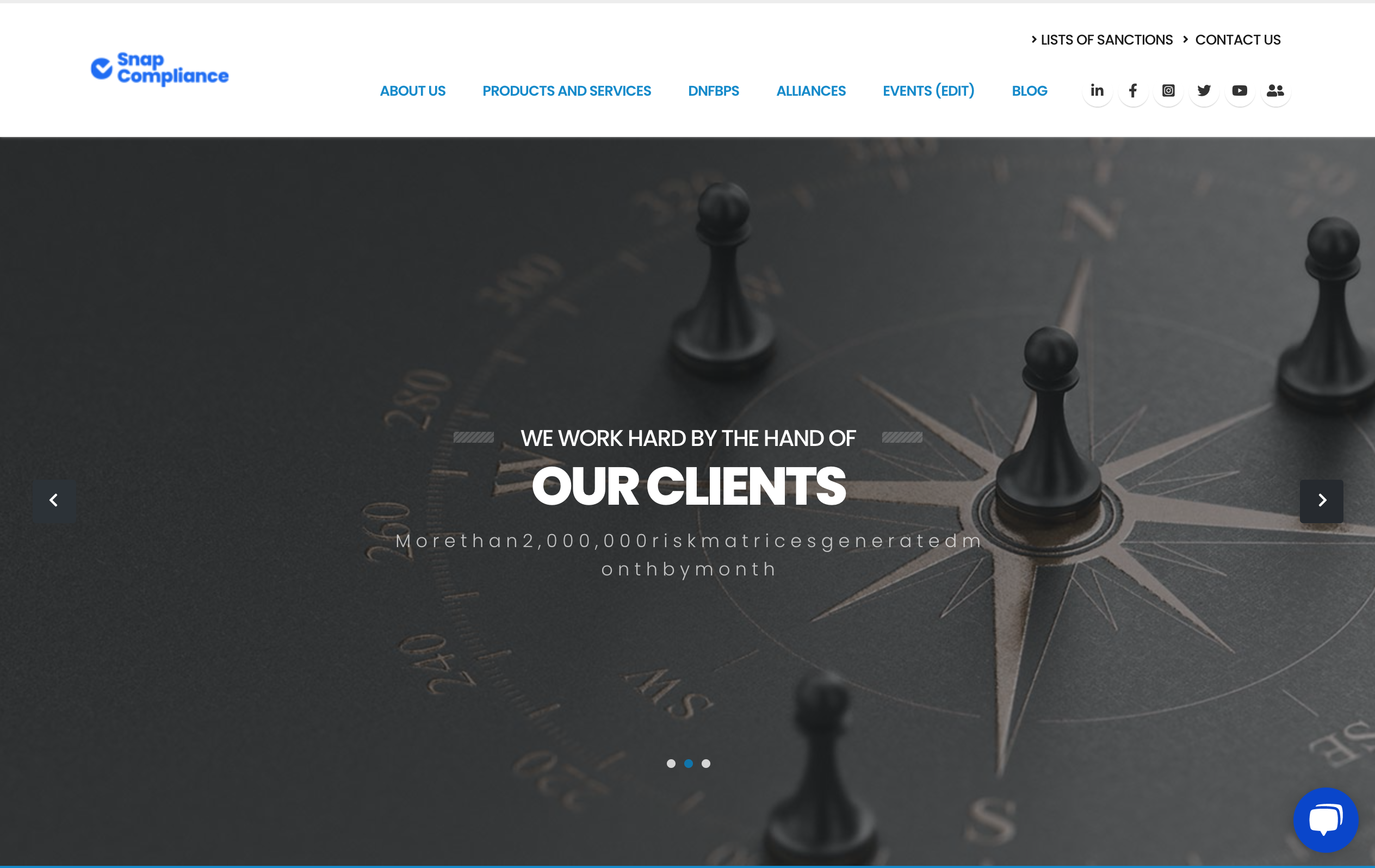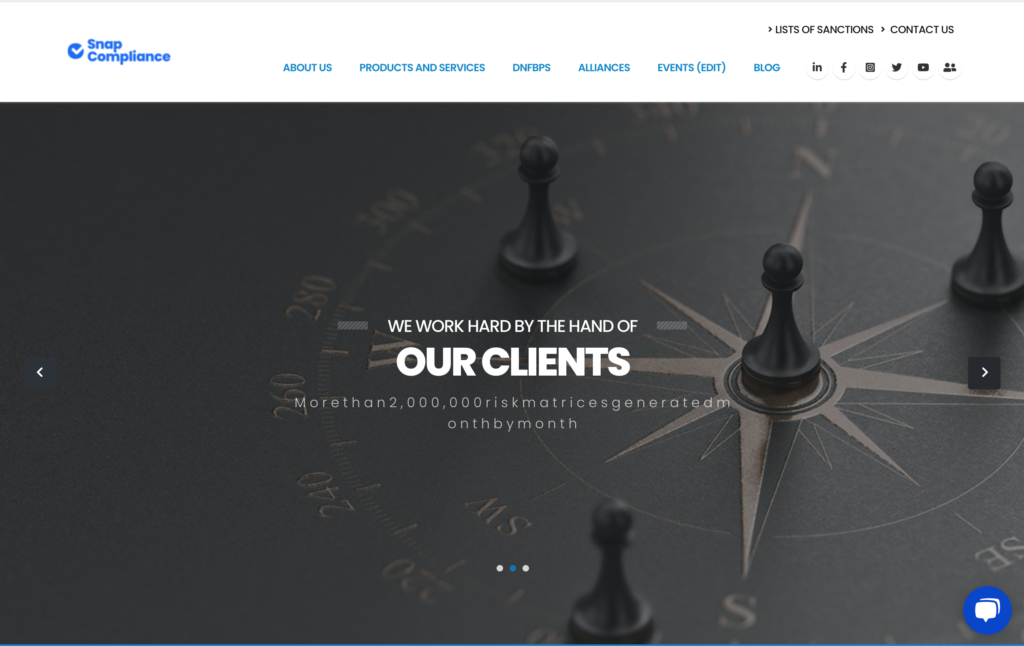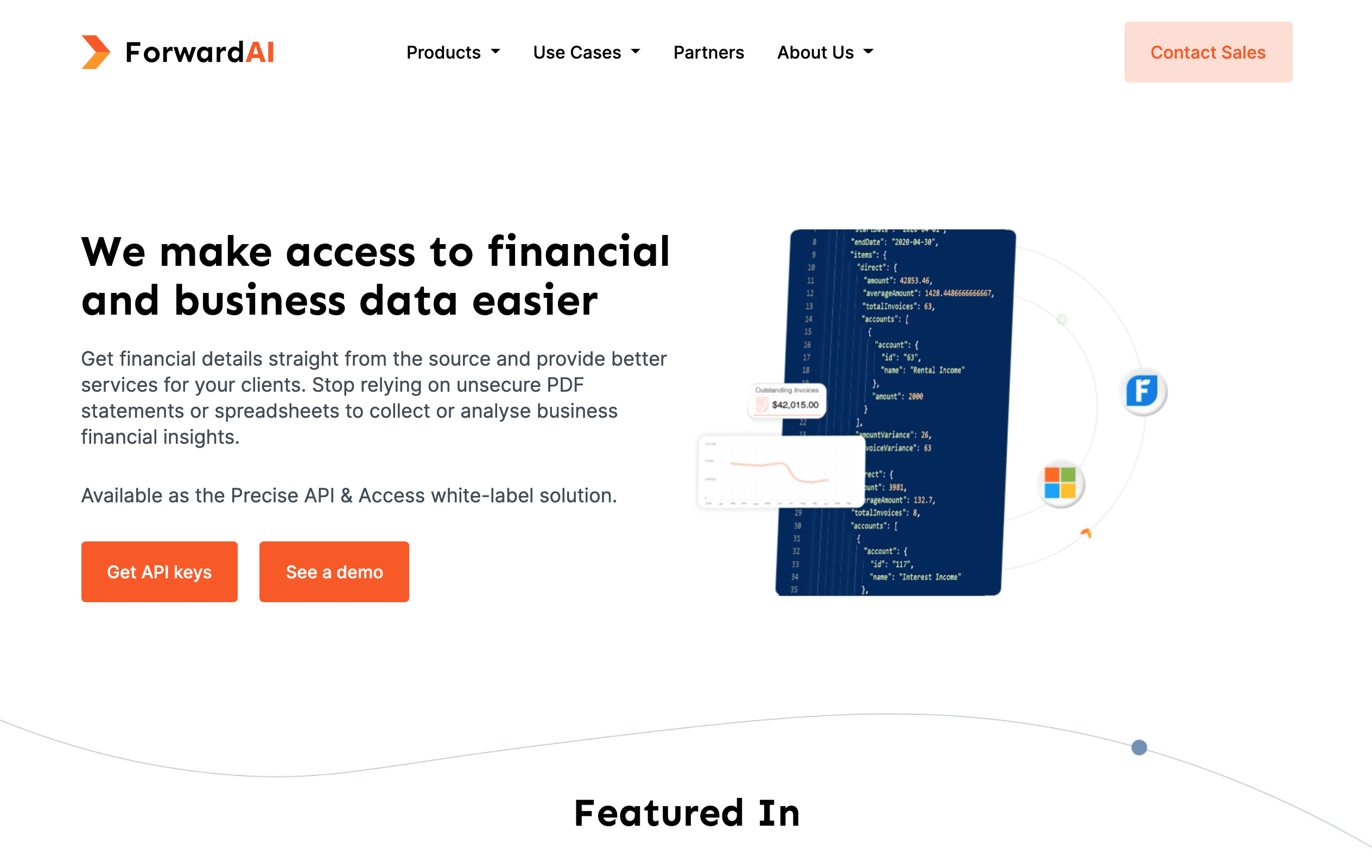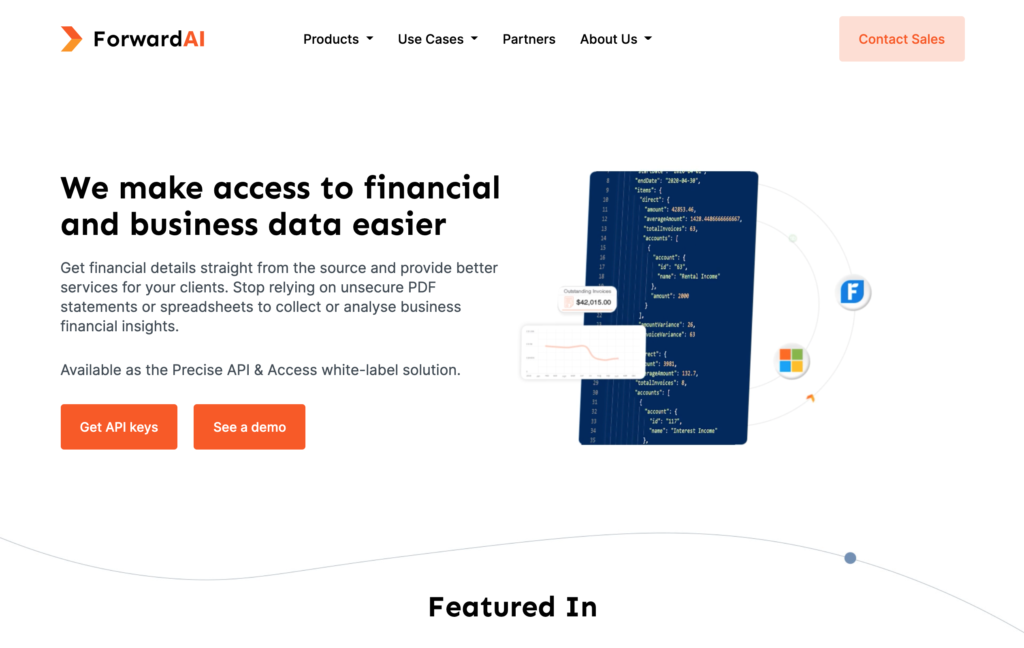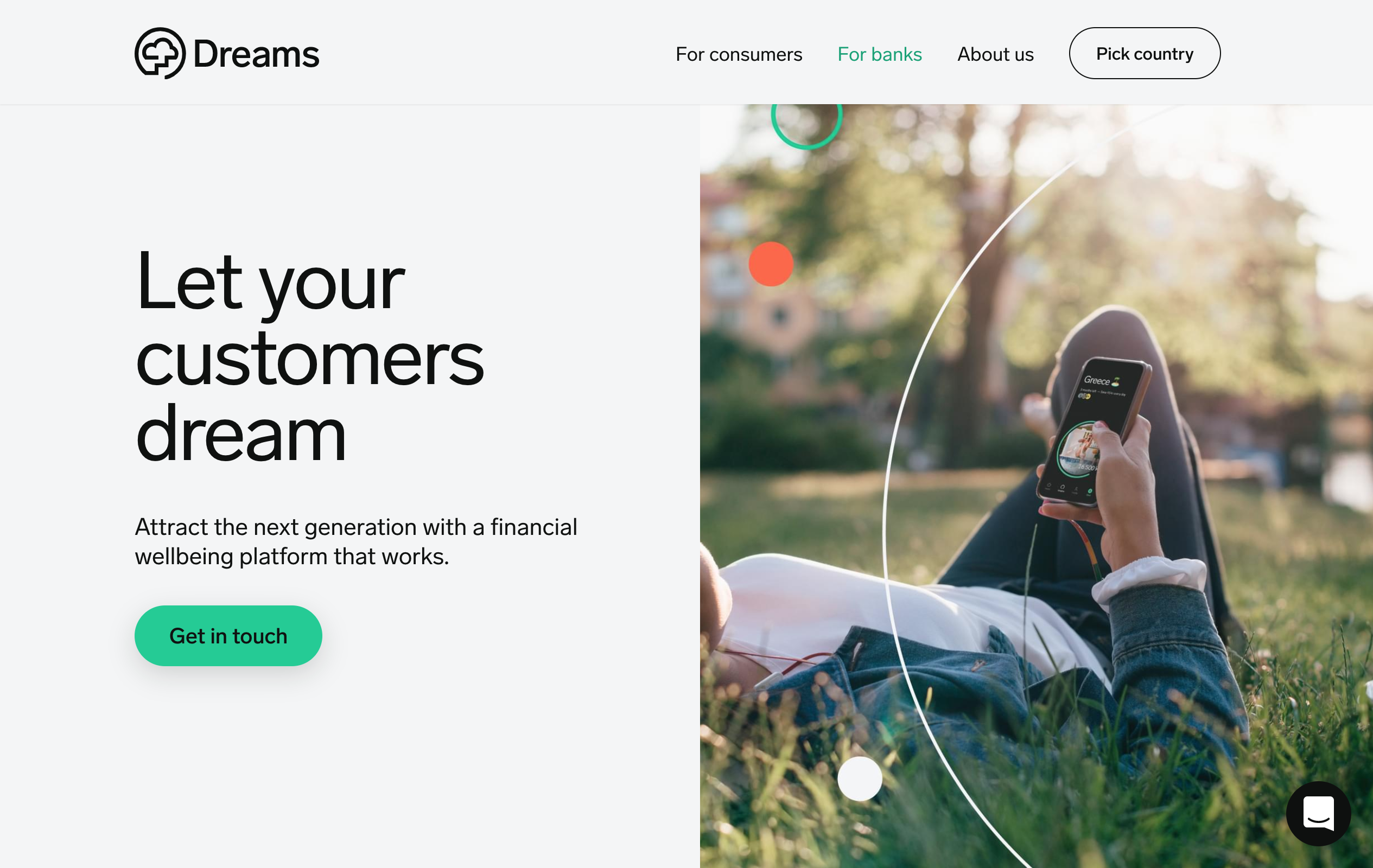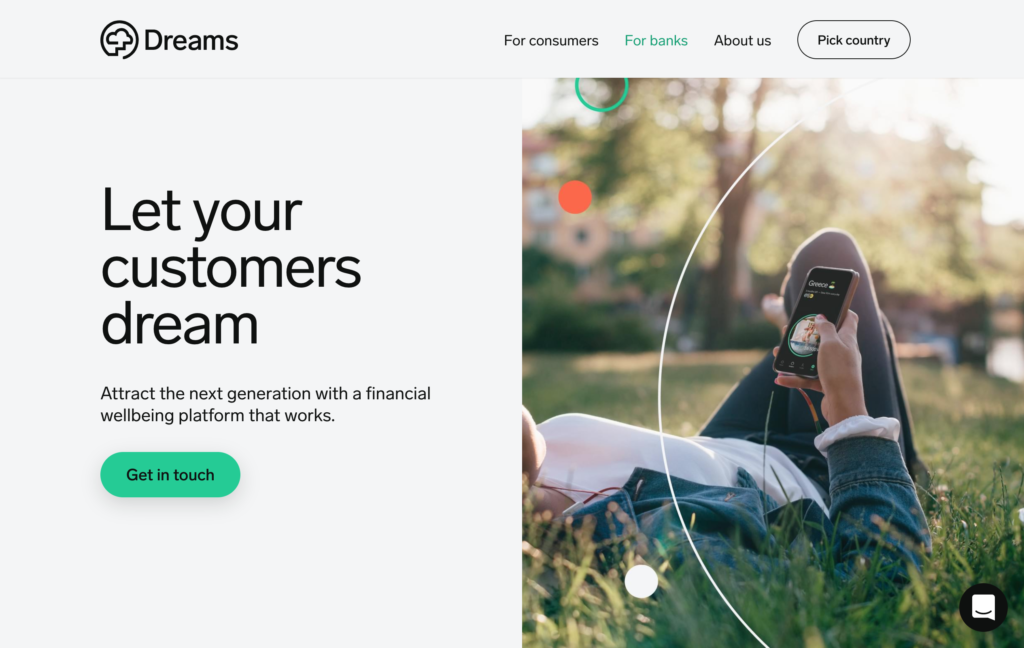
Even though super apps aren’t common in the U.S. or Europe, most everyone in fintech across the globe is familiar with them. Super apps serve as a one-stop shop that allow users to access multiple services from a single place.
In Asia, the hot spot for super apps, users are able to use super apps for everything from ordering groceries to hailing a cab to managing their finances. Apps including WeChat, AliPay, Paytm, and Grab are commonplace across Asia. In fact, WeChat has more than 1.2 billion monthly active users; 78% of people in China between the ages of 16 and 64 are using WeChat.
It is the “super” nature of these apps that makes them so successful; they are a platform and do not just fulfill a single purpose. With a combination of in-house technologies and third party integrations, the apps serve a range of consumer needs. Many super apps began with only a single purpose, accumulated a large number of users, and then began adding new capabilities.
What does it take to become a super app? Starting with a massive user base helps, and providing a range of tools for everyday tasks and activities will help keep those users coming back. Below are 10 common capabilities of successful super apps.
Social
As the popularity of WeChat has proven, social tools are sticky. Building communication, collaboration, and sharing capabilities into an app not only builds a user base, but also creates a community around a brand.
Ecommerce
Shopping is taking place increasingly online, which means that ecommerce purchases are becoming a large part of consumers’ everyday lives.
Food delivery
Everybody needs to eat. And between online grocery orders and takeout meal deliveries, super apps can help users meet this need.
Transportation services
Just as important as having food and online purchases delivered is having the means of getting from one location to another. Included in this category are ride hailing services, car sharing services, and bike or scooter sharing services.
Personal finance
Another one of life’s essentials is managing finances. From budgeting for daily expenses to planning for retirement, banking and finance tools are key components of a super app.
Travel services
Offering travel services, such as travel insurance, concierge services, and rental car discounts, is commonplace for many financial services companies. Super apps offer more robust capabilities, however, such as flight comparison and booking tools, train schedules and ticketing services, and hotel booking capabilities.
Billpay
Paying bills is a regular occurrence for most people, so including utility billpay and a mobile top-up feature will give users yet another reason to log into a super app on a regular basis.
Health services
The healthcare industry is fragmented. So providing health services, such as appointment booking, tele-health calls, records management, general health information, and ask-a-nurse services in a single place provides a lot of value for end users.
Insurance
Similar to the health industry, insurance comes with a lot of moving pieces. Offering a digital lock box with insurance cards, contact information, coverage options, and payment history is a valuable tool that can help keep users organized.
Government and public services
Rounding out the list of life’s necessities in the digital realm are government and public services. Super apps can host social security cards and information, public transportation payment options, and library card information.











